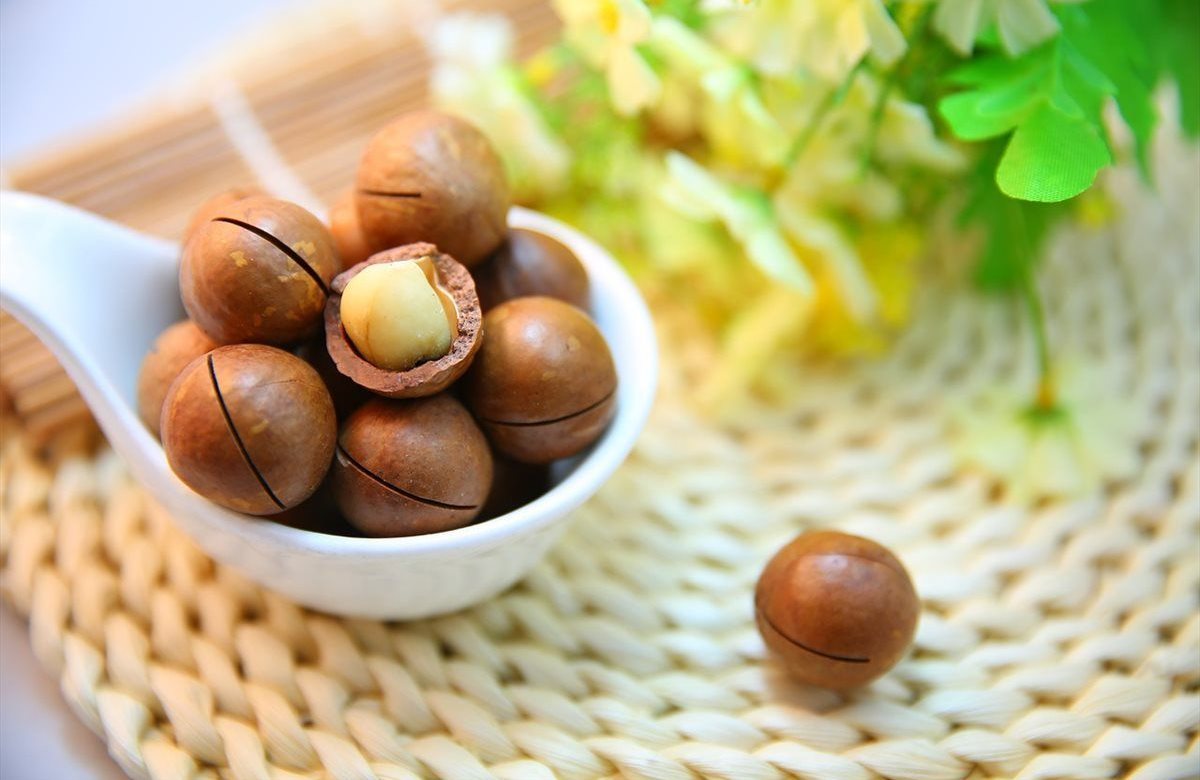
Related
Top stories


HR & ManagementNike under investigation for allegedly discriminating against White employees
6 Feb 2026




More news




Green Farms Nut Company (GFNC) was represented at the event by their market-leading sales team, Green & Gold Macadamias, to garner valuable insight and further bolster this season’s sales strategy.
"Speaking to hundreds of traders and companies, including other macadamia processing businesses, made tangible the scale of logistical complexity the nut industry at large, and more broadly the fresh produce sector currently faces," says Alex Whyte, sales manager, Green & Gold Macadamias.
The INC confirms this theme, which is underpinned by robust supply for this season (globally macadamia production is expected to be up 13.5%). Highlighting the likelihood of generally lower prices for all nuts. Industry leaders are responding by working together to promote the consumption of nuts.
"It remains unknown as to when shipping and logistical delays worldwide (at times taking up to four times longer than usual) will normalise. The issue is especially prevalent in getting the product to China, a huge buyer of South Africa’s macadamias," continues Whyte. Late shipping is expected to impact processor cash flow later in the season.
Due to rising numbers of Covid cases in China, the country is once more in a national lockdown, this is creating even further difficulty to already backlogged channels into the country. GFNC’s strategy to spread sales to many different markets limits its exposure to the Chinese market. Because of this, their farmers are largely spared from any additional potential knock-on impacts in China.
This scenario translates at consumer demand level simply due to less availability of product on retail shelves; and not a decrease in desire for macadamia nuts, which remains strong. Freight costs have risen significantly in the last two years, resulting in any potential price benefits to end consumers not being passed on.
A significant portion of China's domestic crop is not suitable for in-shell consumption and in reaction to this the government is backing new product development initiatives and innovation. The country is unlikely to supply new products and vertical markets from the domestic crop for some time, which will bolster imports from South Africa and Australia in the short to medium term.
North America appears to be recovering from the pandemic with market recovery and kernel demand looking optimistic. New product development in these geographies slowed in the last two years, creating a lag in innovation and product launches.
Europe, the Euro, is experiencing the adverse impact of the Russian invasion of Ukraine, and rising inflation remains a concern. A weaker Euro means that macadamias are relatively more expensive this year than in 2021, despite them being less expensive in US dollar terms. Generally, demand remains resilient although there is a look to source from cheaper regions like Kenya.
"Australia has agreed on a new trade deal with India where Australia’s macadamias will be duty-free into India over the next few years coming down from a 30% import due to tax. This opens a new market and will have a notable impact on the prices and affordability of macadamias in India. Generally, a positive for macadamia producers," concludes Whyte.